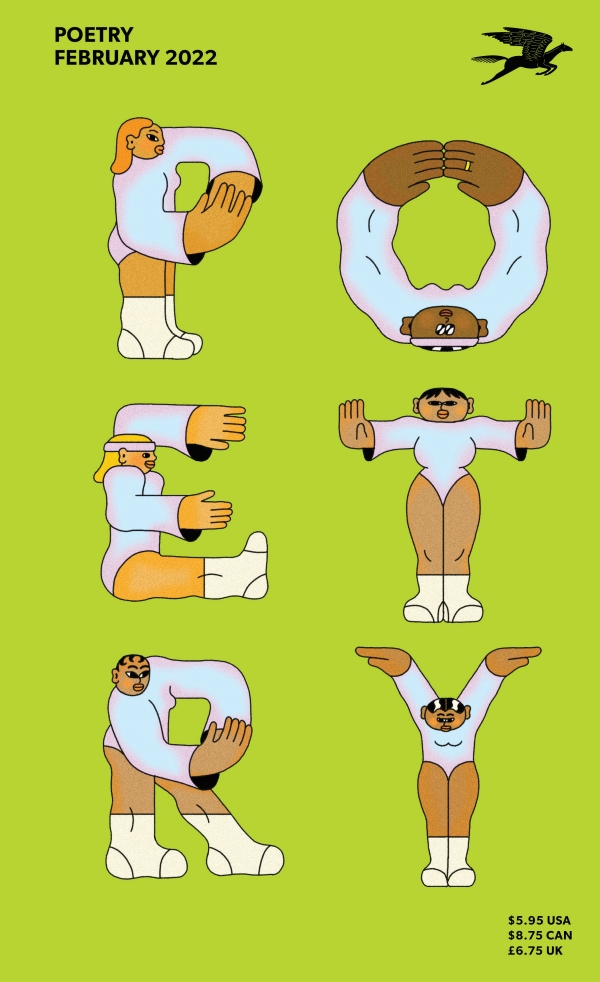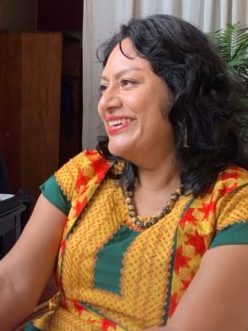This essay was translated from the Spanish by Sally Keith. Read the Spanish text here,
In my mother-tongue, Didxazá (Zapotec), there are two words for referring to nature. One word is nagá, which makes reference to greenery, that which grows and reproduces, like plants, trees, flowers, maize: because there will be food, there will also be life. The other word, which we use more frequently, is guendanabani, which you translate as the blessing of life and which makes reference as much to the human life as to everything that surrounds us. According to binnizá (Zapotec people) understanding, there is no separation between people and nature: we are one entity.
The idea of person-nature as a whole being is an idea common to many of the Indigenous villages of the world; knowing this, it isn’t difficult to understand that 80% of the biodiversity we conserve in the planet is found precisely in these Indigenous territories, where we care for the entirety of our surroundings. We consider that everything has life and spirit and so our survival depends on conservation.
In the various art forms of Indigenous people, as in literature, we try to specify that nature can’t be separated from the social; that the rituals and spiritual rites are not part of “beliefs and superstitions,” but fundamental to our health, physically and spiritually; that food and energy nourish or damage our health equally; that words and actions heal and condemn; that wisdom we learn from grandmothers and grandfathers is as valid as what we learn from books; that the knowledge we take from reading the sky, from the earth, leaves, birdsong, the movement of air or water is as valid as what we see in a classroom or laboratory.
We consider that creative-artistic activity provides resistance to oppression, because it is from this perspective that we can demonstrate the damage caused to nature, the violence done to the defenders of the environment. Through art we gain knowledge of different cultures, understand the diversity of world views, look directly at others and let them also see us. We learn in connection with nature, with spirituality, as a fountain of riches, of knowledge, of social and economic exchange. All this is with respect to our surroundings, for they are what symbolize life itself.
*
Sally Keith is an Editorial Co-Director of Poetry Daily.




